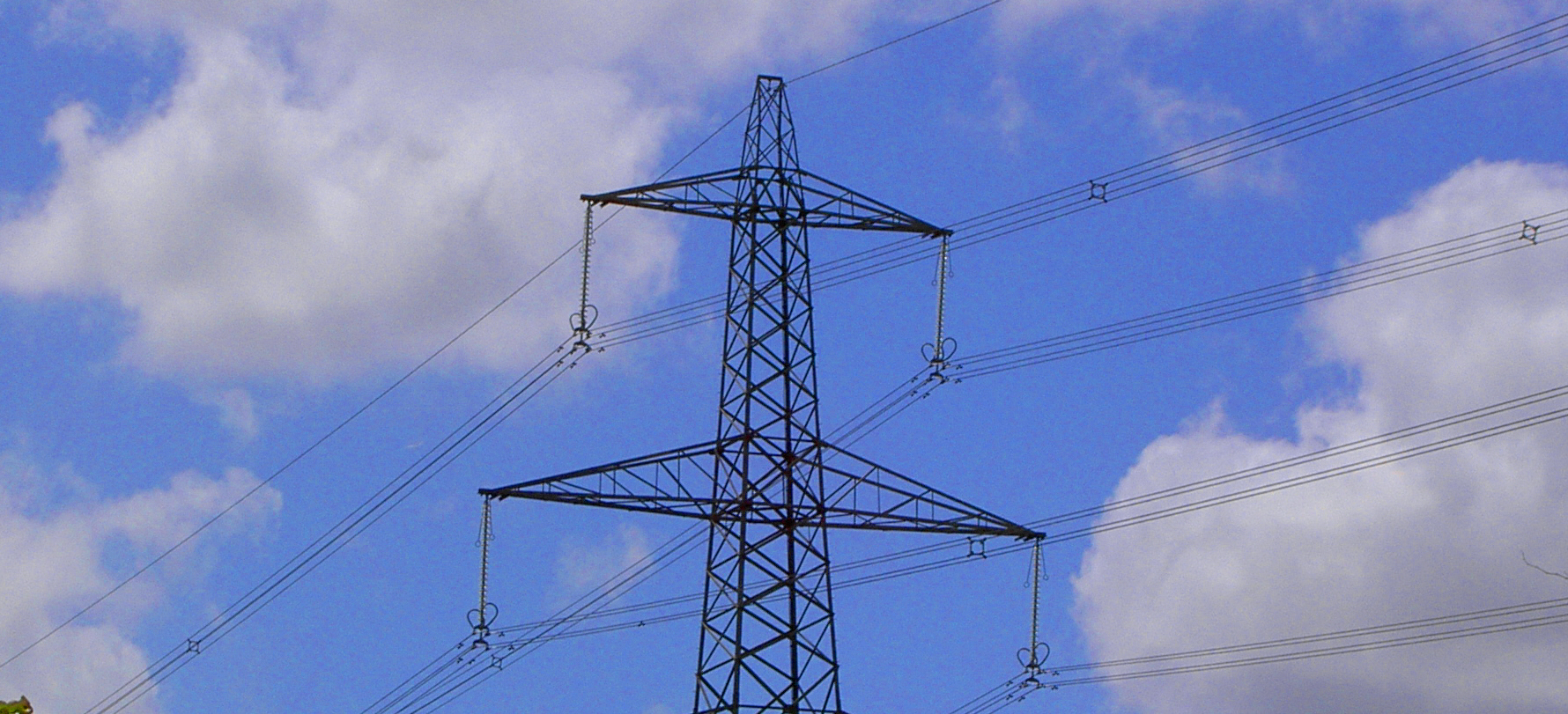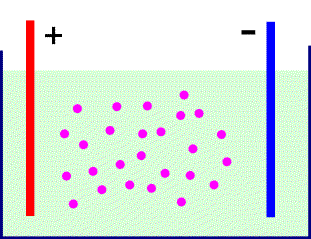|
INNOVATION WITH ELECTROCERAMICS |
|
Sodium battery technology > Electrodeposition
|
Ionotec's fabrication technology for ceramic parts, coatings and thin films is based on electrodeposition or electrophoretic deposition. ElectrodepositionElectrodeposition involves plating of metals or alloys from a solution of salts and is most suited to thin film deposition. Ionotec has some experience in growing semiconductor thin films on substrates for battery electrodes or for photovoltaic cells. Electrophoretic depositionElectrophoretic deposition (EPD) is used to build up thick films of ceramic material from suspensions of particles in a liquid. The principle is shown below whereby charged particles migrate to an electrode of opposite sign under an electric field. Usually one charge (+ or -) dominates so that only one electrode is coated or plated.
EPD is used for the fabrication of ion-conductive ceramic tubes and plates and for ceramic coatings. Quite large ceramic components can be fabricated by this method. Ionotec has expertise in manufacturing process scale-up, particularly in taking research laboratory processes to pilot scale production. This is often a difficult stage in translating research ideas into industrial practice. Pilot scale deposition facilities can involve semi-automatic operation with accurate deposit thickness control. Suspension and solution handling systems can be either water-based or solvent-based, and are specially designed to remove air bubbles that can cause defects in the product. Uniform or graduated thickness as required is done by control of electric field strength and fluid flow to avoid stagnation points. Full sequencing of operations is provided by PLC. |
Sodium battery technology > Electrodeposition
|
The contents of this Web site are presented for information purposes only. Ionotec has endeavoured to ensure its accuracy but makes no guarantee concerning the products or services described herein, nor their usage in or applicability to particular situations. Ionotec accepts no liability for the consequences of the use by others of any information acquired or accessed via the Ionotec Web site. Ionotec reserves the right to change or modify the contents of its Web site at any time without notice.
©2013 Ionotec Ltd
Ionotec Ltd is registered in England, number 3141009
Registered Office and Trading Address: 14 Berkeley Court, Manor Park, Runcorn, Cheshire WA7 1TQ, UK



 Time in London
Time in London